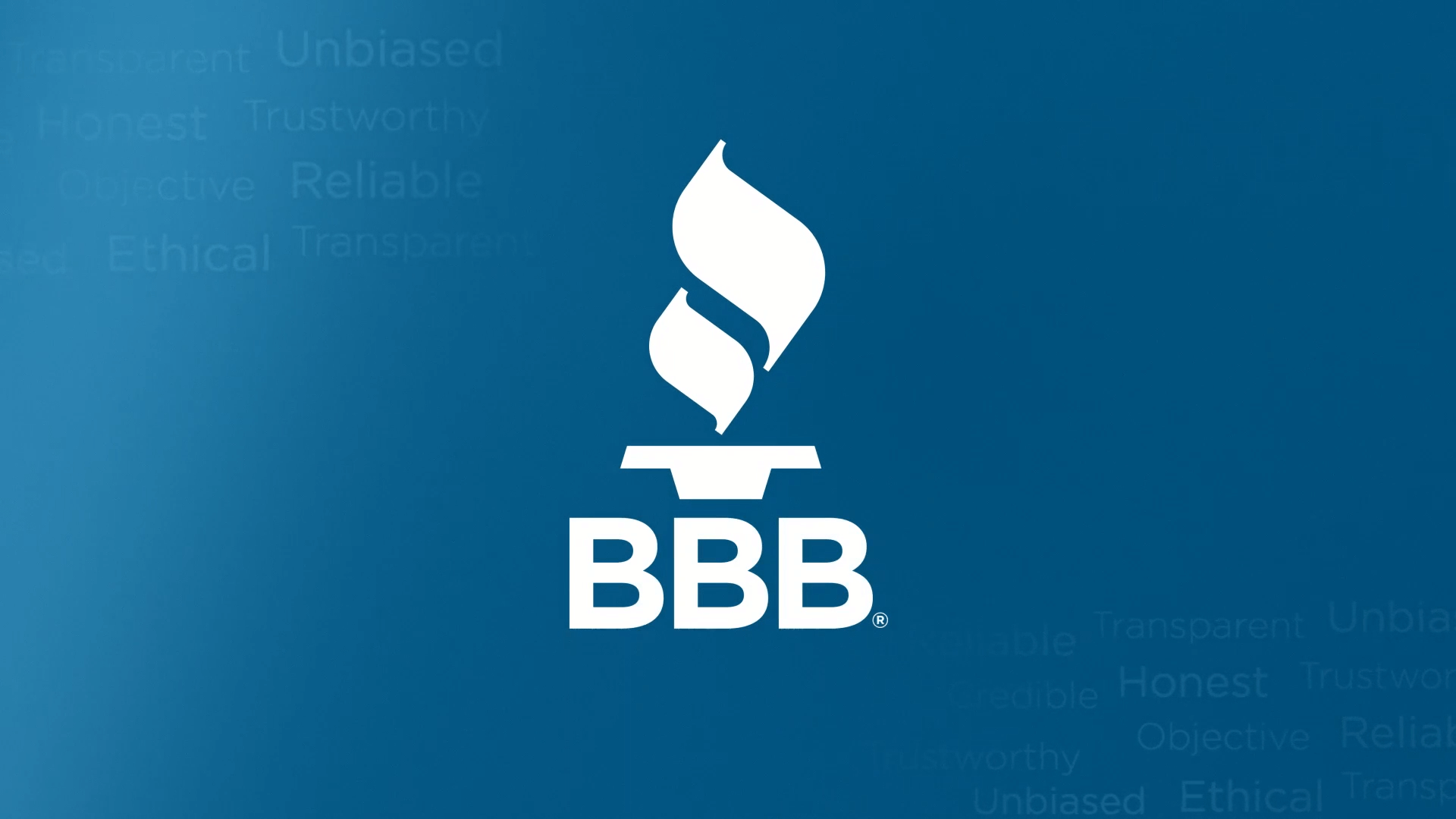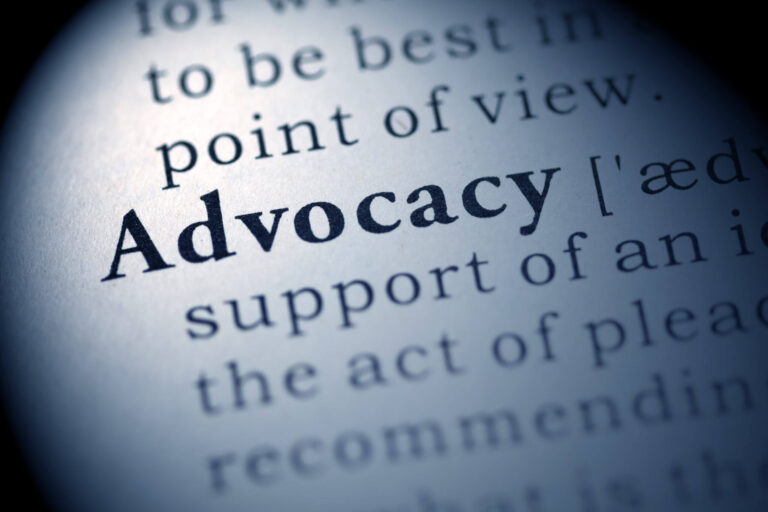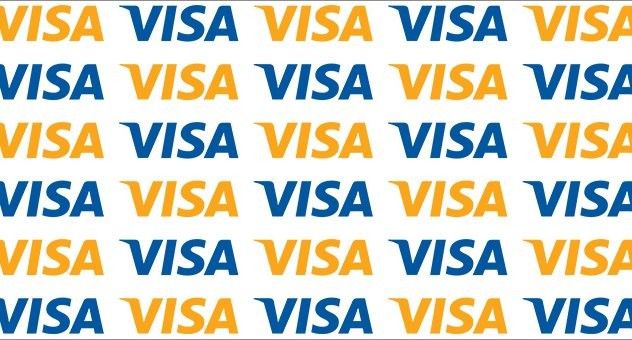The Better Business Bureau of Greater Maryland is doing a Black-Owned Business Spotlight to bring awareness to accredited, black-owned businesses in the Greater Maryland area. Our Founder & CEO, Jaron Rice, did an interview with them to talk more about our company, our beliefs, and the keys to our success. Magothy Payments is Maryland’s highest-rated merchant services provider. We even have the distinct pleasure of handling the processing for the BBB of Greater Maryland.
BEGIN TRANSCRIPT:
Amber: In Maryland, people of color own more businesses than almost any other state in the country, and BBB connects consumers with businesses they can trust. To support our community of Black business owners and consumers, we’re spotlighting Black-owned, accredited businesses that promote trust and integrity. Today, I’m here with Jaron Rice, founder of Magothy Payments. Jaron, thank you for joining me today.
Jaron: Thanks for having me.
Amber: First of all, what inspired you to found your business?
Jaron: That’s a loaded question.
Amber: Yeah. I know.
Jaron: Honestly, I’ve been in professional sales my entire adult life. I’ve sold everything from, you know, I did five years as a mortgage banker originating loans. I sold home improvements for five years. I’ve sold pest control. I’ve sold cars. One of the things that really pushed me in the direction of starting my own business was I’ve always been a relational seller. I’m not high pressure. I’m informative and consultative. “Here’s what your problem is. Here’s what the solution is. Here’s how that works.”
I’ve always, always, always been more interested in the relationship after the sale than just getting the sale. One of the challenges that I had being in sales professionally is that oftentimes the organizations I was representing would drop the ball after the sale was executed during the installation or the implementation of whatever the product or service was. And that was very disheartening for me. That kind of pushed me in the direction of I want to start my own company where I can be more hands on in managing and maintaining the relationship after the initial sale. And that rabbit hole, I tumbled down into merchant services.
Amber: That’s awesome. Yeah, maintaining connections with your customers is really important.
Jaron: Absolutely.
Amber: What obstacles have you had to overcome while owning your business?
Jaron: There have been a lot.
Amber: I’m sure.
Jaron: The first one was when you are doing B2B sales and you don’t have a reputation, you have to rely a lot on cold calling. For me, one of the things when dealing with business owners, we live in Pasadena in Anne Arundel County, and cold calling businesses – and I don’t know. I want to preface this. I don’t know if this is my own head trash based on some experience I had before or if it was something that was valid. But when I was cold calling and walking into businesses, I felt that I needed go above and beyond to be exceptionally professional as a large, 6’1” Black man who is covered in tattoos. For me, even though I didn’t want to, I was in a suit and tie all the time. Regardless of the business, I would walk into a sweaty, stinky auto repair shop and I’ve got on a suit because I was concerned about the perception coming from corporate America. That was hard for a long time.
But then as the business continued to grow and our portfolio was growing and we started getting more and more referrals from our existing client base, when we had a reputation and I was seen in the area as the industry expert, then I was comfortable being myself.
If a business is calling me and they’re showing up at our office to work with us, I’m OK wearing a t-shirt and shorts on Friday. You know what I mean? Because this is my office, and you want my service. It’s a different dynamic when you are pursuing people for business versus when they’re coming to you.
We have grown our reputation to the point where people are now pursuing us to work with us, and I’m a lot more comfortable in that environment just being myself. I’ve worn flip flops into the office for three months now. I haven’t worn real shoes in the office in a while, and there’s no way that I would feel comfortable doing that back when we first started.
Amber: Yeah, you had to work really hard to gain that credibility, but now you’ve got it. That’s awesome.
Jaron: Absolutely.
Amber: So what have been your strategies for maintaining trust with your business throughout the coronavirus?
Jaron: I think just being present and being available. When it first happened, we did a couple of video series on YouTube outlining how the payment processing industry was changing because of COVID. When it first happened, we saw a monumental wave of fraudulent transactions and chargebacks. Some of it was on the business side where cash was tight and they were taking payments from cards that they had on file before the work was done, and then on the flipside we had consumers who were then having buyer’s remorse where they paid a home improvement contractor $10,000 for this project and then found out two weeks later that they were no longer employed and then called their bank to reverse the charge because they wanted that money back even though they had gotten the service.
The industry was experiencing a ridiculously high volume in chargebacks that they were working through. And because of that, they kind of circled the wagons and we saw a lot of funding delays and larger transactions being scrutinized more than they had in the past as everybody adjusted to that. And so, we just made sure that we were available.
We’re in financial services, so we were still considered essential. I was in the office every day, our staff was working remotely, being available to reply to emails and to answer phone calls. Because for a business owner, especially during the shelter in place, if you’re not essential and your business is shut down, that’s a very scary time.
We work with a lot of event planners and charter bus companies and limousine companies that COVID basically cleared every event that they had for a two to three-month period. A lot of times, these people have paid deposits six months, a year in advance. Now that business was dealing with a cashflow crunch because they’re having to refund deposits from a year ago whose funds they’ve already used to pay drivers and to maintain their equipment and things like that. And so being available for them to help navigate through that from a payment processing standpoint really helped to build trust for them.
Amber: Yeah, absolutely. Being able to respond to conflicts that your customers are having is incredibly important.
Jaron: Absolutely.
Amber: What are your goals moving forward?
Jaron: One of the things I love best about being a business owner is studying the market and figuring out the next big trend before it gets here. When most people think of merchant services providers, they think of payment processing at a restaurant or a retail location because that’s where consumers are spending their money. And while we do have clients who do that, that’s not a huge focal point of our business at all. They represent the minority. Our biggest segment of clients are home improvement contractors followed by home services companies, followed by B2B and then automotive repair.
A lot of our businesses are in card-not-present environments meaning they’re running transactions when someone is not physically there presenting a credit card to them. We have a gateway software solution that allows them to key in transactions. They can send payable invoices. We put hosted payment pages on their websites. They have mobile apps and things like that. And that pivot, moving in that direction consciously two to three years ago set us up so that we weren’t nearly as negatively impacted by COVID as we possibly could’ve been as some of our counterparts in merchant services have been.
If you focus heavily on restaurants and retail and those businesses are shut down, this is a trickle-down business. If you have a client who stops processing because they can’t open, you stop making money off of them. The pivot that we made years ago to go after the home improvement market segment turned out to be a wise move with what happened because they are still considered essential.
The goal is focusing on how is life going to be different after COVID? Let’s just say a year from now life is back to normal. There’s a vaccine. Everybody is happy. Business owners are always going to have to think about the next possible pandemic. Having a plan in place and working with market segments that are going to have the minimal impact as possible from something like that, we as a company need to start thinking about that now.
There are certain businesses we brought in through COVID. We brought on a client who is a disaster response company who provides PPE and COVID-19 masks and things like that. That’s what they did as a fulltime business for years and then COVID happened. They were doing two, three, four years’ worth of revenue in two or three months because it was an emergency, and everybody needed them. We brought on business like that through the process.
Our goal and our focus is to make sure that we’re paying attention to those opportunities to put ourselves in a position to be able to weather the next storm, whatever it is, because it’s eventually going to happen. We don’t want to be so heavily invested in one industry that something like an economic collapse in the housing market that would affect home improvement contractors affects us. We want to be as well-diversified as possible. That’s really the goal and focus going forward.
Amber: Yeah. Finding balance and being able to adapt is incredibly important.
Jaron: Absolutely.
Amber: Yeah. I think that’s a great moment to end on. Jaron, thank you so much for taking the time to talk to me today.
Jaron: Absolutely. Thanks for having me.
Amber: Of course. And to our viewers, thanks for watching. Watch out for our next video where we will highlight another Black-owned business advancing marketplace trust, and, of course, be sure to show your support for local Black-owned businesses.






